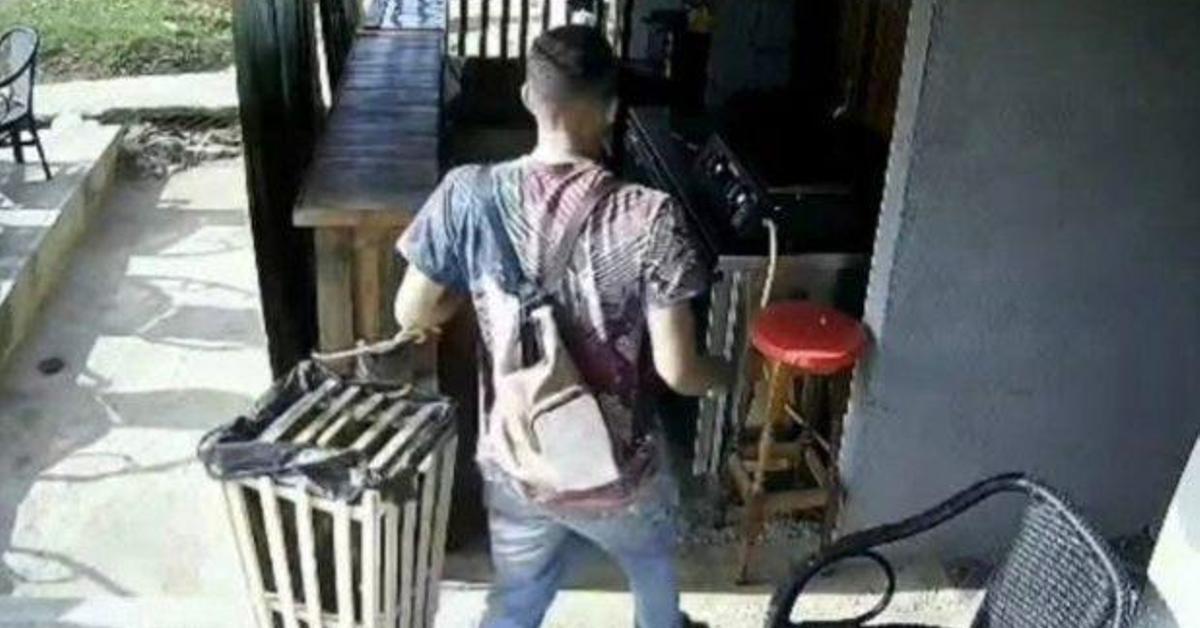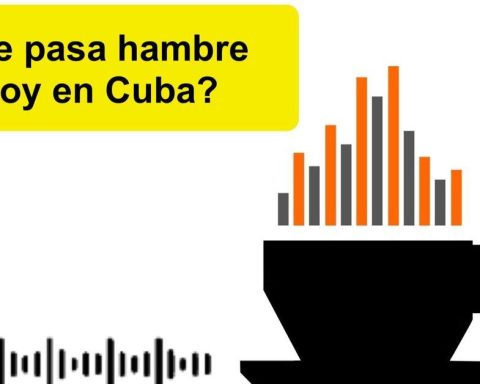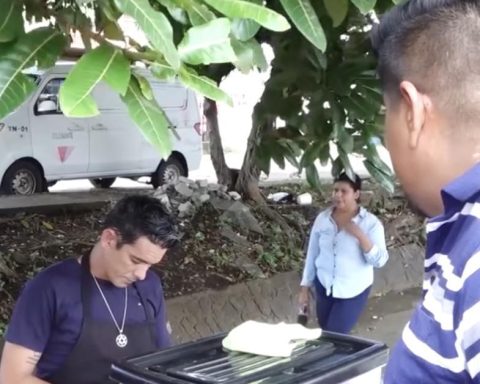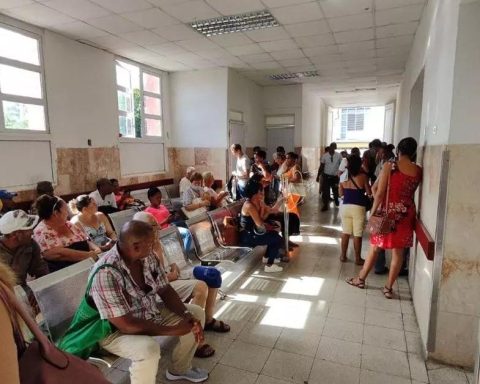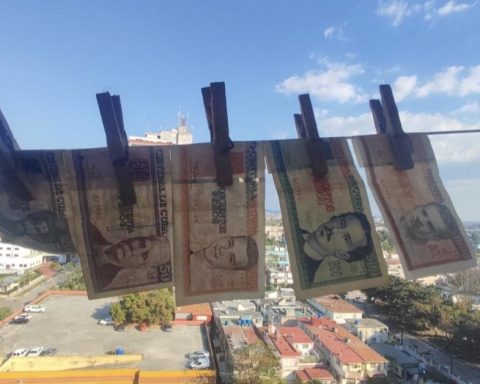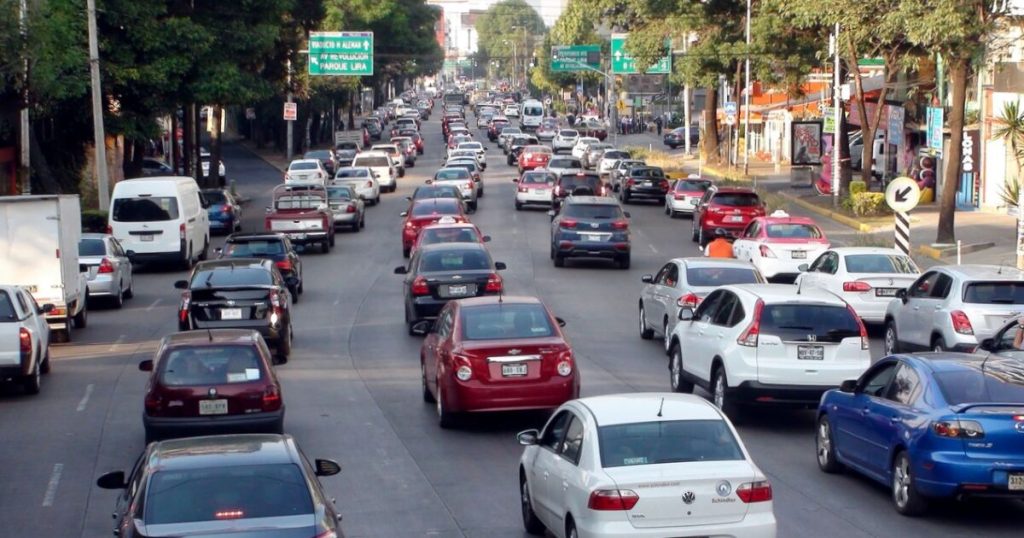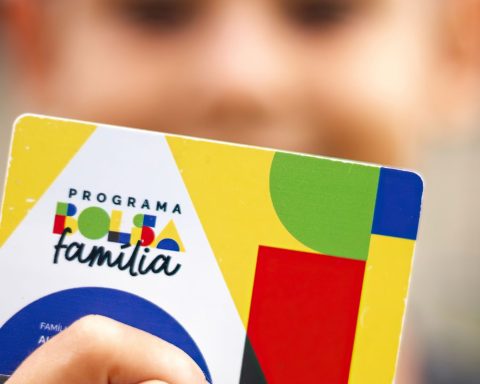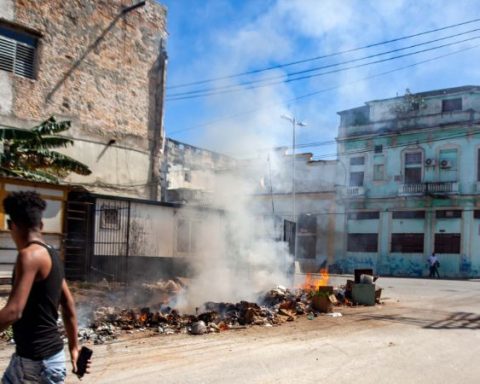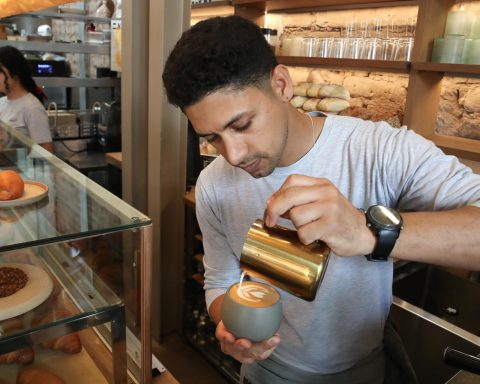Havana/The man slides with the agility of an eel due to the opening that divides the street of sale street. Once inside, practically lying on the counter, lengthens the arm and fish the seller’s phone. She is distracted in the stove; He takes advantage and returns to his initial position. Then vana downhill.
He wears a cap and is thick. It could be anyone and yet the cameras of the small restaurant El Jardín de los Milagros, in Havana, capture their movements. With all the equanimity of the world he paid his food before leaving. In one of the photograms of the security video – which multiplied shortly after online, next to the complaint – his face is seen.
Dozens of robberies occur like this every day throughout Cuba. Although they are registered by private business cameras, the only justice that owners can expect is to publish their faces on the Internet, so that others are prevented. The police know too well, he will do nothing with the complaint.
“This time we are not going to report it to the police. For what?” 14ymedio Ana, employed by a small clothing store in New Vedado who has suffered two robberies in the last five weeks. The thieves, he says, have become creative or take advantage of the surprise factor. The first “assailant” was a good example.
“He was a bloody man,” he says, “that he entered quickly and took what he could, some dresses and blouses, fleeing.” Between the scare and the stupor, Ana could not do anything. Then he learned that the man came from another market where they had surprised him in full robbery, and the owners – as is more and more frequently – pounced on him to do justice with his own hands.
They made the corresponding complaint. “And now where is the thief?” “I loose in New Vedado, walking quietly down the street.”
The second robbery was also “picturesque.” Two women entered the establishment, pretending to be pregnant. Under the false bellies they put all the clothes they could, without suspecting that the cameras were recording them. After verifying the theft and reviewing the video, Ana shared the images of the thieves.
/ 14ymedio
When Odalys, the saleswoman for a habanero market on 51 avenue, denounced the theft of a piece of cheese, the police gave her an answer that stuck her anger: “It was aft by carelessness.” In the unlikely case that they will give the offender, all they do is put a fine, he regrets. “To be returned to you what they stole, the thief has to have the objects on when they arrange it.”
The domestic environment does not get rid of the danger either. Lucía placed cameras in each corner of his house on the beach with the conviction – a day ago a decade ago, but no longer – that the lights and surveillance scare away the bandits who had already taken some objects of value of his home. They managed to capture a thief and gave the police, after some inquiries, his name and surname.
“They released him a week,” he laments. “The thief said that my things had bought them from a couple the day before, and they were not able to check it. And in case it was true, minimal for reception would have to be imprisoned.”
They steal again at Lucía’s house two weeks ago. None of his cameras could record the thief for not having a current. Her husband asked the agents to take at least the fingerprints. They refused.
Last year, when the Cuban misery believed to play a background – which goes from 2025 demonstrates that it can continue to “advance” in poverty -, the Cuban Observatory of Citizen Audit reported 1,317 crimes committed on the island. Although the real figure must be much worse, the one provided by this independent organization makes alarms on citizen tranquility, one of the “achievements” traditionally proclaimed by the regime.
However, while all Cuba crings for the increase in robberies, a province presumes not only the “most human” police – unconceivable qualifying designed by Fidel Castro – but also the only active one.
This is Granma, whose police have made a habit of publishing in social networks his “successes” when “returning” what was stolen from their owners. From a motorin to a jaba with meat or vegetables, from a Panda TV to a Samsung mobile, a crowd cerebón in a remote pasture of Bartolomé masó to several tons of sugar, nothing escapes from the insightful look of the researchers. At least on Facebook.
